This Valentine’s Day, I thought it would be fun to switch up my usual discussion on video games and highlight a fantastic anime series. With Fullmetal Alchemist: Brotherhood consistently being a highly rated show at the top of most must-watch lists, it’s pretty safe to say that most anime fans have heard and/or watched FMA:B by now.
If by some miracle one of my dear readers is both interested in anime and hasn’t had the plot of the anime spoiled yet, I humbly hope that my words here might be convincing enough to begin watching. As such, I won’t include any spoilers and will save posts focusing on certain aspects of the story for another time. Also, if I did decide to go in-depth on this post, it would be quite a lengthy one! I have watched the anime from start to finish three times and own the manga, and today I thought it would be appropriate to touch on why I love it so much.
Alchemy and Equivalent Exchange
FMA:B’s power system is Alchemy, and the show does a great job with defining the clear boundaries and limitations of its use. Unlike some other ability systems in fiction, anyone in the FMA:B world can learn to use Alchemy; you don’t need to be born with force sensitivity or belong to a family with a certain bloodline. All it takes to learn Alchemy is some good, old-fashioned studying. Since Alchemy is directly inspired from real-life Alchemy – which combines magic, philosophy, and science – it is presented as such in the show.
In order to perform Alchemy, the Alchemist first must draw a transmutation circle that serves as a sort of equation that contains the details of the end result. Transmutation circles can be as simple or complicated depending on the intended result. This might seem like a really powerful ability, with the ability to potentially create anything as long as the correct transmutation circle is drawn, but it is made clear in the show that Alchemy is not an all-powerful art! Alchemy cannot create an object from nothing, and in order to create something, something of equal value must be exchanged. For example, when using stone to create a weapon, the stone is molded into said weapon and no longer exists in its original form. This is referred as Equivalent Exchange, and it is the most important rule for Alchemists because it defines their abilities so clearly.
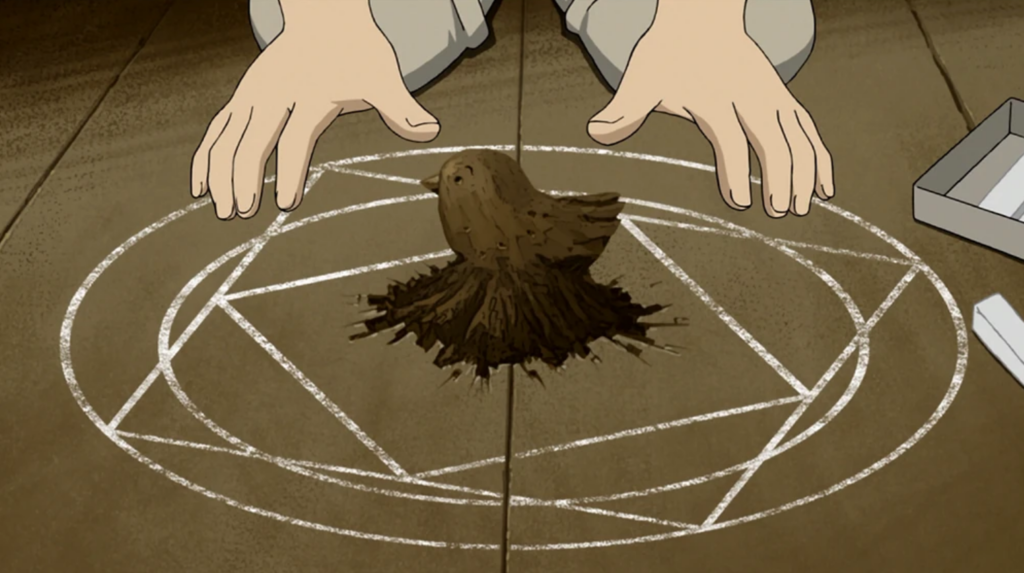
Alchemy is such a cool concept because it has rules and limits, but if an Alchemist is studious and motivated enough to learn, they can become very powerful. In this way, one’s desire to gain knowledge is the ultimate driving force behind Alchemy and is why not everyone is simply an Alchemist.
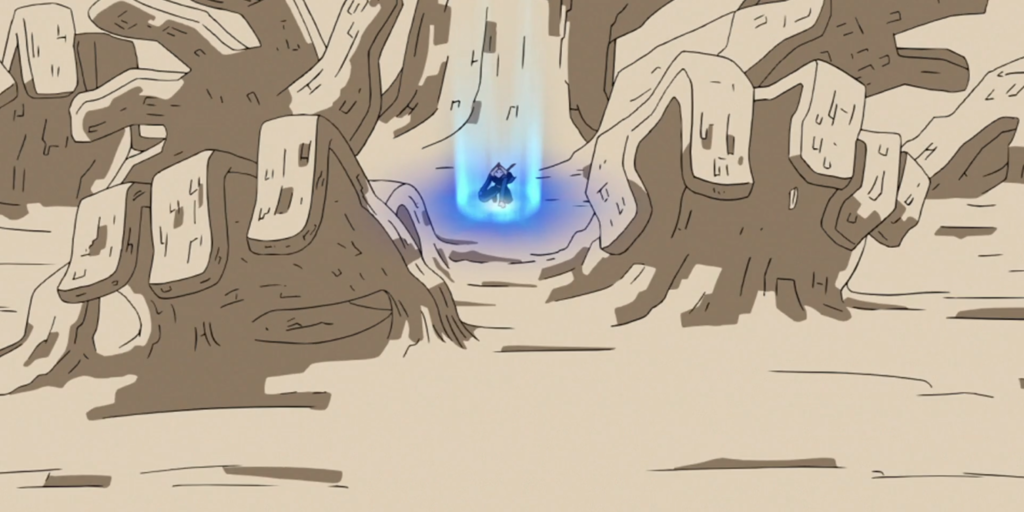
A Complete Story from Start to Finish
The story is centered around two brothers, Edward and Alphonse Elric, who are searching for a Philosopher’s Stone after a tragedy involving Equivalent Exchange befell them and changed their bodies. By itself, their journey to finding answers is compelling enough, but like any great show, hilarity surely ensues along the way and the plot thickens. The anime, while only 64 episodes, tells a complete story that doesn’t drag out the conclusion and does a great job with wrapping everything up in the end. One thing about FMA:B in particular though is that the first season is rushed compared to the rest of the show. This is due to FMA:B being the second Fullmetal Alchemist anime adaptation; a second anime was produced after the manga had completed, and follows the manga’s story exactly. However, because of this, the first season couldn’t quite find its footing and is not as well paced as the rest of the show.
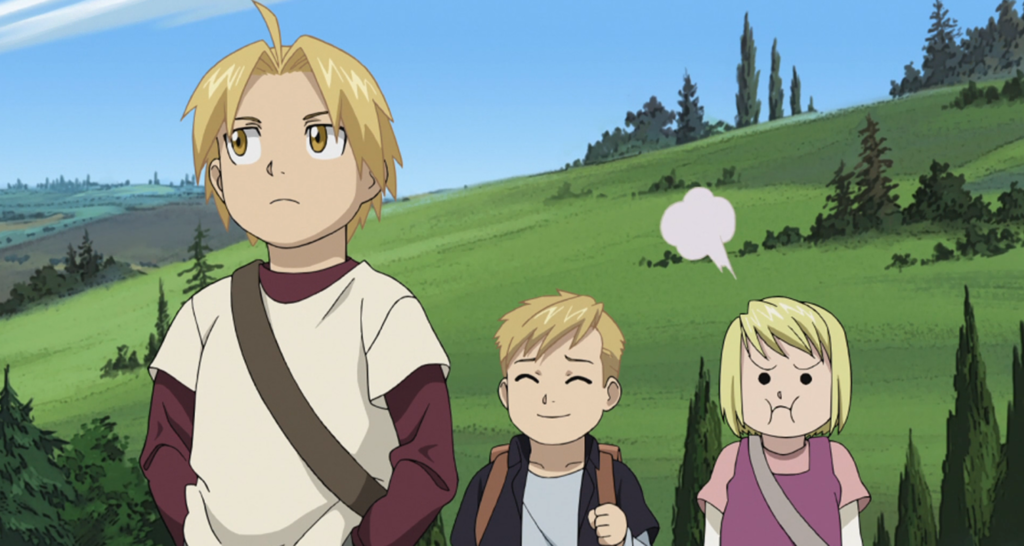
Along Ed and Al’s 64 episode-spanning story, the brothers are met with a distinctive cast of characters who are friend and foe alike. While the main focus is always on the brothers and their bond, it is a major bonus that the rest of the cast is just as interesting.
Memorable and Endearing Characters
It is difficult to pick a favorite character, as the story presents so many of them each with distinct personalities and differences. The friends that help the brothers along their journey are just as important as Ed and Al themselves, and each character has a purpose. They all present a different perspective, a different strength, or a unique weakness. It is easy to get invested in the story through the different challenges and struggles of these characters.
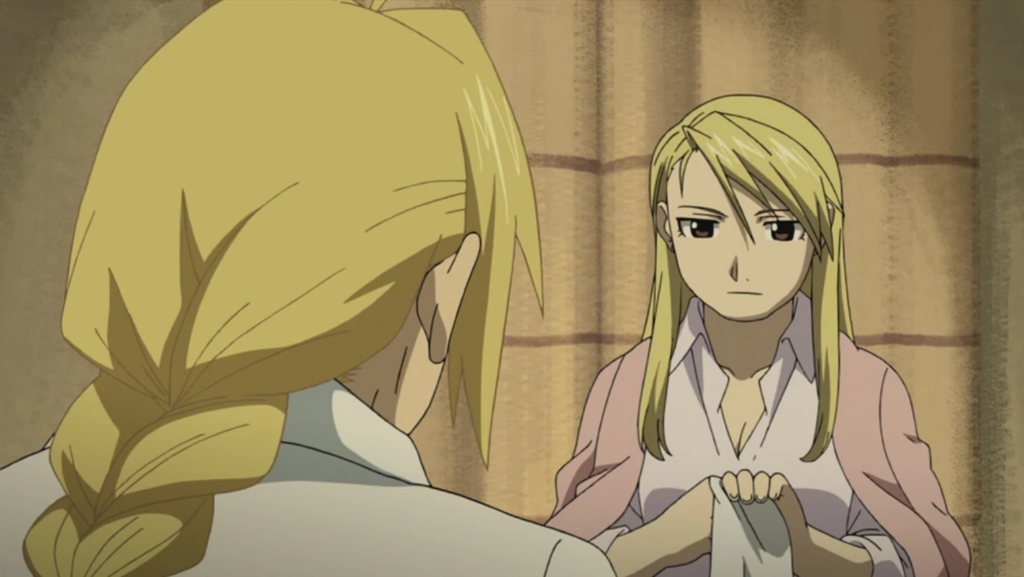
The detail given to each character as well as the world they inhabit all feel alive, and clearly inspired. Amestris, the country where the brothers live, is based on 1930s Europe and through little details such as technology and clothing, that is easily conveyed to the viewer. Amestris is a place I would have loved to watch for another 64 episodes, although it would be at the risk of the story being too drawn out.
Themes of Faith and Philosophy
Since Alchemy is a mystical art, with themes in religion as well as science, Ed struggles with his idea of faith throughout the show. At times he is seen arguing with others over their faith, while Ed privately struggles with his own perceptions. Throughout the show, Ed as the older brother is constantly having his views challenged as what he thought he knew has changed. It ties into the Alchemist’s quintessential quest for knowledge and new ideas, and it is fascinating to see how Ed confronts new facts.
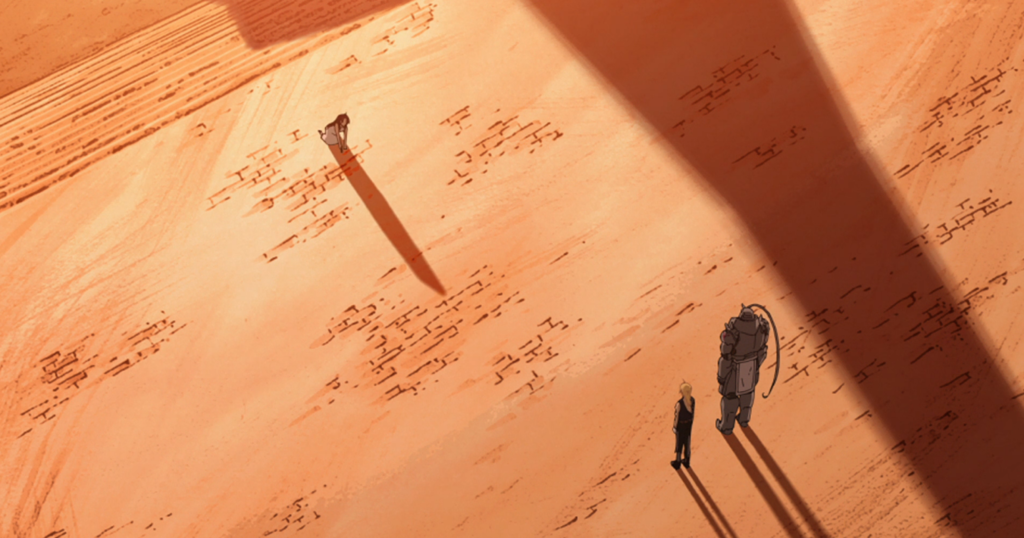
Aside from Ed’s personal belief system, the show deals with concepts such as what the measure of one’s soul is, and what happens to those who “play God.” The show, while lighthearted on the surface, deals with serious topics and still gives me a lot to think about even after watching the show through several times. I realize that this might seem a bit vague, but it’s only because I don’t want to give too much away in this post. In the future I may write separate posts dedicated to some of the themes in the show. For now, I’ll leave off by saying that it takes a very special kind of story that keeps me wondering years later.
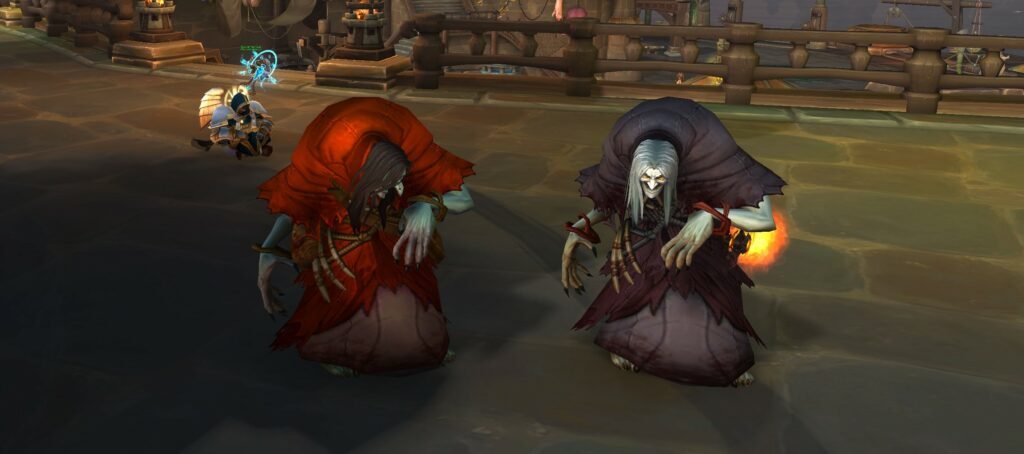
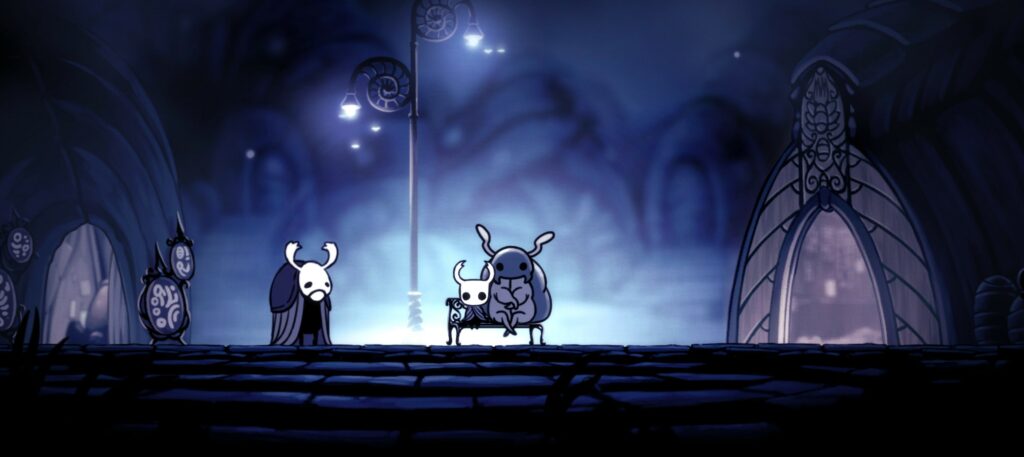

Your commitment and enthusiasm shine through in every paragraph you write. Truly remarkable.